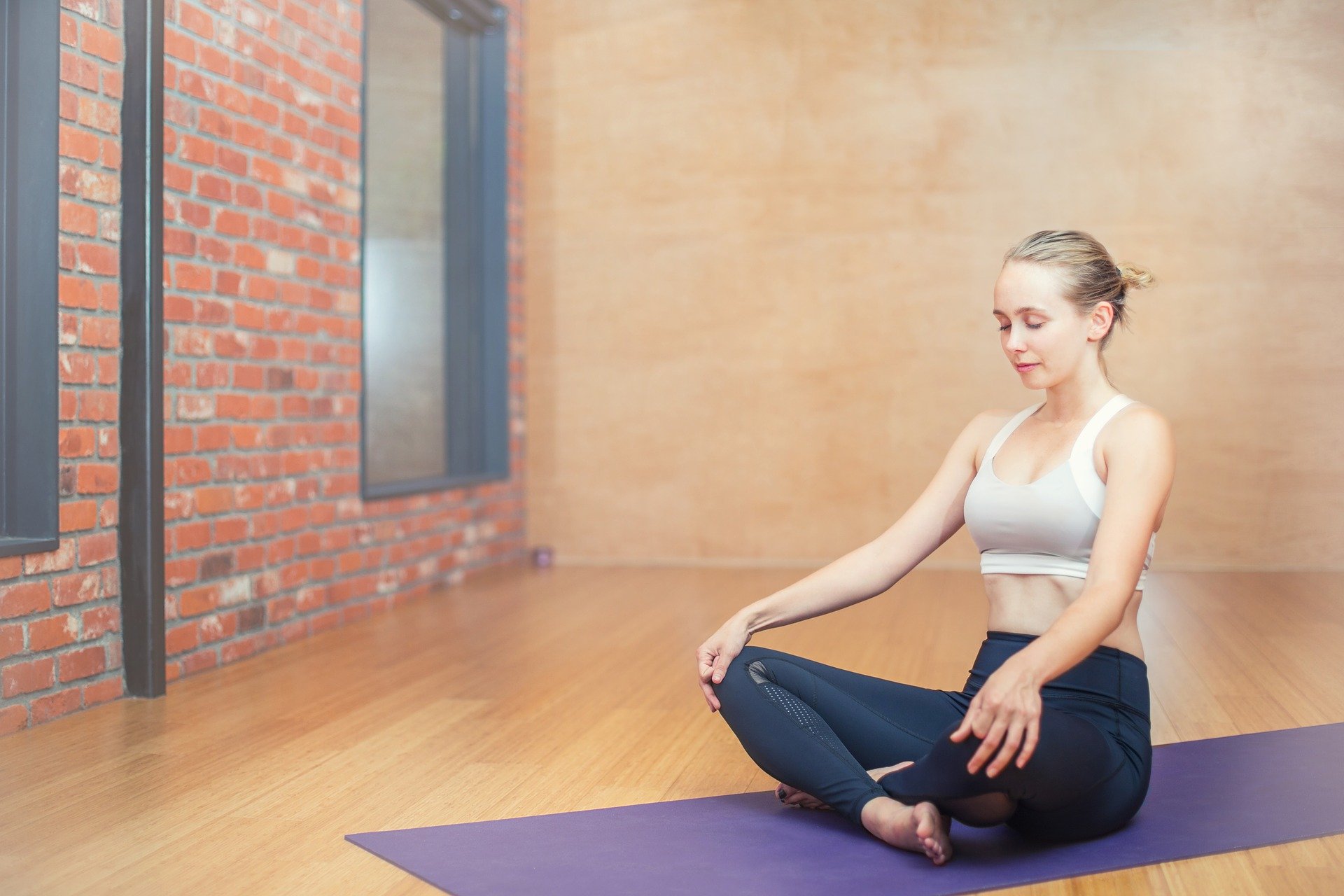
Since the last few weeks, we are in the middle of the outbreak of coronavirus disease 2019(COVID-19). The news about pandemic dominates the headlines. People are worried and concerned. The level of anxiety is on the rise. Mid March all Dutch schools, kindergartens, restaurants, sports clubs were ordered to be closed as the government sought the best ways to prevent the further spread of coronavirus in the Netherlands. A wide range of measures have been taken to tackle the pandemic of coronavirus.
It is a very uncommon and extraordinary situation that may be very stressful especially for internationals. Fear and anxiety about a disease, a lot of ambiguity and uncertainty, rapidly changing and different (often contradictory) information coming from all over the world, can be overwhelming and cause a lot of negative thoughts and strong emotions in adults and children. Therefore, in order to better cope with the virus and the uncertainty it’s creating we should take care not only of our physical health and immunity but also of our mental well-being.
Everyone reacts differently to stressful situations. Your feelings will also change over time. How you respond to the virus outbreak can depend, among others, on your personality, personal background, and life experiences as well as the community you live in.

You may be worried about your own health and the health of our loved ones; you may be concerned about the situation in your own country and your family member who are far away, you may be experiencing sleepless nights, lack of appetite, problems with concentration or worsening of your chronic health problems as well as mild symptoms of a panic attack (shortness of breath, racing heart, dizziness, feeling sweaty, tingling or numbness in the hands and fingers). Many of us are also facing a lot of challenges at work, working remotely from home might not be easy or we need to be really creative when planning our daily schedule, especially when we have to combine our work responsibilities with taking care of our children. Also, isolation from other people and our daily activities can cause a lot of negative feelings.
However, there are many ways to keep a sense of control in order to ease the level of anxiety. Moreover, taking care of yourself, your family and friends can help you better cope with stress. Helping others to deal with this situation and their stress can help to make your community stronger. This is not a time to judge, blame or jumping to conclusions about who is responsible for the spread of the disease. It is time to start caring, support each other and deepen your compassion to help other people and act as a part of the system.
What can you do to take care of yourself and reduce the stress?
Take a depth breath and focus on what matters most right now
No matter how obvious this may seem and sound, it is vital for your health and mental well – being. Stress and anxiety can weaken your immune system, leaving you more vulnerable to viral infection. Search for a balance between prudent actions and panic.
Stay informed, follow the most recent guidelines and take practical precautions
Seek and share accurate information from authorized sources. Speculation and misinformation can fuel anxiety and cause fear and panic. Limit yourself to watching or reading information only from official and credible sources, such as the National Institute for Public Health and the World Health Organization (WHO). More sources at the bottom of this article.

Focus on the things that are within your control
By focusing on your life and actions over which you have control, as opposed to making the worst case scenarios and wondering ‘What if?’, you will feel more confident about the current situation and it will help you to stay calm. Think about all the actions you can take to look after yourself, like hygiene; healthy meals; enough sleep; mild physical activity; time to relax, rest and unwind; avoid alcohol, tobacco and other drugs; activities that make you feel happy. Self-care is crucial right now and it is really wise to focus on prioritizing your well-being and building your positive mindset. Taking care of yourself will allow you to support others, you will be more calm, patient and effective. Furthermore, you will be able to come up with new ideas and solutions that other people could benefit from. It is a good moment to become a role model.
Make an action plan
Write down a schedule for the coming weeks. Having a clear plan will help you to stay focused. It keeps a sense of control and eliminate many potential distractors, interruptions as well as negative thoughts
Limit your exposure to media and news coverage, especially social media
Constant monitoring of news updates and scrolling social media feeds about the coronavirus disease can only intensify feelings of anxiety, worry and distress. It may also increase the feeling of lack of control and helplessness. Remember to take a break or even cut it out when you feel overwhelmed.
Acknowledge and accept how you are feeling
It is human to feel and express our emotions. It is normal and quite common that many of us are feeling stressed, overwhelmed, anxious or even upset last days. Take your time and allow yourself to notice what is happening in your body and how you are feeling. Express what you are feeling through talking to others, writing your thoughts down in a journal, doing something creative (painting, drawing, singing, making music, etc.) or just moving your body (walking, dancing, running).
Try to focus on things that are positive in your life
Be grateful for what you have. Spend more quality time with your partner, call your friends or family members, play with your children or get back to the book that you put on the shelf because you didn’t have time to read it. Find opportunities to amplify the positive stories and positive images of people who have experienced hardships in their lives.

Stay connected, reach out to others and support people around you
Focus on maintaining healthy relationships and building a strong support system. Keeping in touch with your friends and family may ease the stress caused by COVID-19. Send a message, make a phone call, write an e-mail and reach out to someone who may be feeling alone or need help (especially take into account elderly people and those who live alone). Create a peer support network. Let people know that they are not alone and that you do care. Talking through your concerns and feelings may help you find ways of dealing with challenges. However, make sure that you share accurate information and positive intentions.
Learn more about breathing techniques, mediation, yoga and mindfulness
There are many free resources available on-line. Choose what resonates most with you and give it a try. Many studies show that practicing Mindfulness and meditation techniques can greatly help with stress relief and relaxation.
Talk with your children about the virus outbreak
Remember that it is also important to help children cope with stress and protect them from any coronavirus panic. Be supportive, patient and understanding. Give children extra care and attention. Reassure them that they are secure. Show them how to manage stress and anxiety.
Ask for professional mental support if needed
Follow protection and prevention recommendations provided by legitimate sources and qualified health professionals. Look after yourself and your loved ones. Take responsible actions and try not to spread panic. However, if you, or someone you care about, are feeling overwhelmed with emotions like sadness, depression, or anxiety, consider reaching out for support by a professional counsellor or peers. Help is available.
There is a lot that you and we as a community can do to cope with stress and anxiety in order to protect our mental health during this time of uncertainty. You are not alone, I care and I hope that we all do care.
—–
Sandra Gustek
Psychologist, Coach, Health Professional, Expat Spouse
More sources:
American Psychological Association: https://www.apa.org/
The National Institute of Mental Health: https://www.nimh.nih.gov/index.shtml
Mental Health Europe: https://www.mhe-sme.org/
Mental Health Foundation https://mentalhealth.org.uk/
